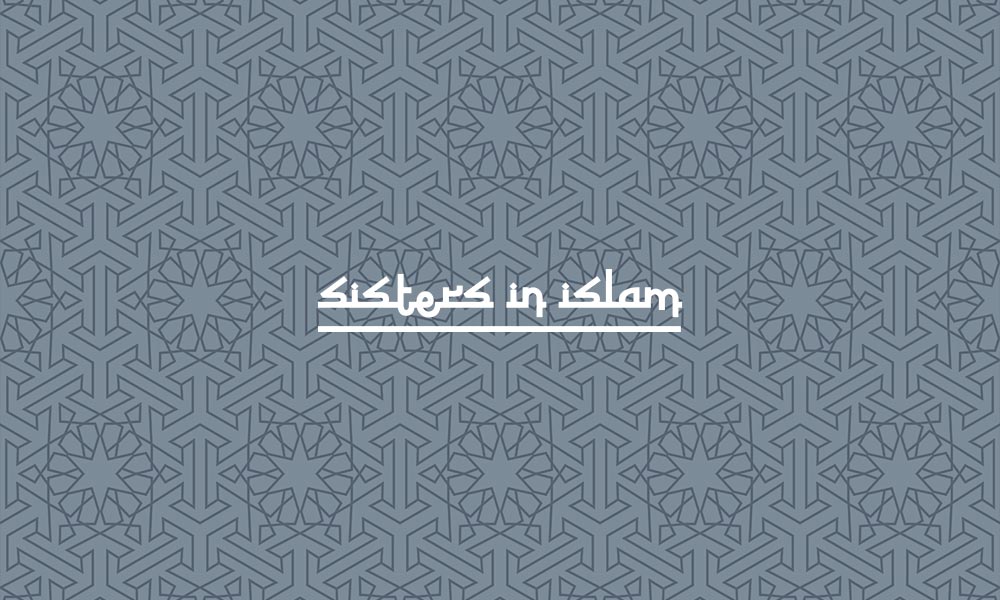Review of “hudud” proposals
All along, the PAS state governments of both Terengganu and Kelantan have repeatedly claimed that their version of the “hudud” law is the Divine Law of God. The very fact that glaring contradictions have been exposed between some of their proposed provisions with the actual letter and spirit of the Qur’an and authentic hadith may also raise serious doubts as to the propriety and conformity of the other provisions with the true spirit of the Divine Sources of the syariah.
It must be clearly understood that there is a vast difference between the divine sources of Islamic law-the direct revelations in the holy Qur’an-and the non-divine sources, which are the result of human juristic interpretations and opinions. A large part of historical Islamic jurisprudence is man-made, not divine. The formation and development of Islamic law took place over several centuries and through a variety of processes. The founding of the four orthodox schools of law began at least 100 years after the death of the Prophet (saw.).
To ensure the realisation of a just system of law based on the eternal and universal fundamental principles of Islam, very careful study and detailed re-examination needs to be carried out into the provisions of the proposed hudud laws. It is indeed most tragic that Qur’anic injunctions that are intended to protect all law-abiding members of society in general, and women in particular, have been distorted into legal provisions that have lead to the very opposite results in some Muslim countries which are claiming to implement the syariah criminal law. The provisions of the hudud proposals should also be re-examined in the context of universal Islamic human rights concepts.
It should always be remembered that God’s forgiveness and mercy (for both men and women) is a constant and recurring theme that is emphasised in the holy Qur’an. For instance, after the punishments for sariqah or theft (in Surah Al-Maidah) and for zina and qazaf (in Surah An-Nur) are laid down, God’s forgiveness and mercy is mentioned:
those who afterward repent and amend their conduct, God is Oft-Forgiving, Most Merciful (Surah Al-Maidah 5 : 39, Surah An-Nur 24 : 5).
Should human beings and human-made institutions therefore hasten to punish what God, in plentiful mercy, may ultimately, even amply, pardon? On what grounds, we may ask, should humans presume impetuously to do so, pre-empting Divine Mercy. Even those of the most sincere and correct motivation, and even if they are operating on the basis of unquestionable legislation, and through legislative and judicial institutions of irreproachable integrity and ability, (which is not often the case in this very imperfect world), should be cautious of joining in any overzealous rush to judgment.
1. Sisters in Islam
2. All Women’s Action Society (AWAM)
3. Association of Women Lawyers (AWL)
4. Wanita Ikram, Persatuan Komuniti Ikram, Kuala Lumpur
5. Majlis Pertubuhan Ibu-Ibu Tunggal Malaysia
6. National Council of Women’s Organisatioms (NCWO)
7. Wijadi
8. Women’s Aid Organisation (WAO)
9. Women’s Candidacy Initiative (WCI)
10. Women’s Crisis Center (WCC)
11. Women Development Collective (WDC)
23 May 2002
